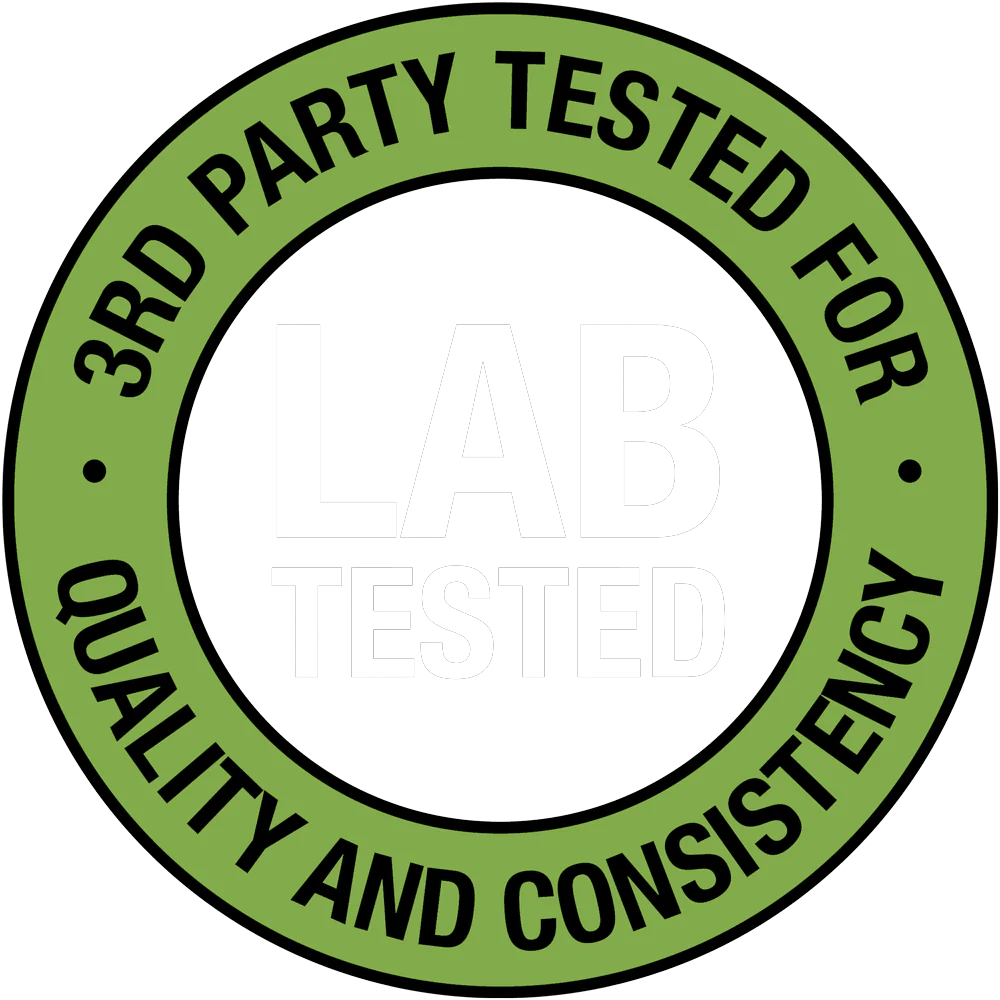Psyllium husk is a form of soluble fiber derived from the Plantago ovata plant. The husks are the outer coverings of the plant’s seeds and are an excellent source of dietary fiber. Psyllium has been used for centuries in traditional medicine and is most commonly known as a bulk-forming laxative. However, psyllium offers various other health benefits beyond relieving constipation. This guide explores the uses, benefits, proper dosage, and potential side effects of psyllium husk.
What is Psyllium Husk?
Psyllium, also known as ispaghula, isabgol, or blond/French/Spanish psyllium, comes from the seeds of the Plantago ovata plant. Psyllium is a concentrated source of soluble fiber and forms a gelatinous mass when mixed with water. The husk is the outer coating of the psyllium seed that provides the dietary fiber, while the psyllium seed is the inner portion containing mainly carbohydrates and protein.
Psyllium husk is most commonly used as a laxative due to its stool-bulking capabilities. It can absorb up to 40 times its weight in water, becoming a thick, viscous gel that stays in the intestinal tract. This gel softens stools and promotes regular bowel movements. Beyond relieving constipation, psyllium offers additional digestive and cardiovascular benefits which we’ll explore throughout this guide.
Sources of Psyllium Husk
There are a few ways to add psyllium husk into your diet:
Dietary supplements – Psyllium husk powders, capsules, granules are convenient ways to supplement with psyllium. Powders can be mixed into water, juice, yogurt or smoothies.
Ingredients in fiber supplements – Psyllium is a common active ingredient in many fiber and laxative products.
Whole husks – Some people prefer mixing whole psyllium husks into drinks or foods. They have a grittier, grainier texture than powders.
Fortified foods – You may find psyllium added to products like cereals, breads, and baked goods. Always check the label.
When buying psyllium supplements, choose products with pure psyllium husk as the main or only ingredient. Avoid products with added sugars, flavors, and other unnecessary ingredients.
Key Health Benefits of Psyllium Husk
Relieves Constipation
Psyllium is best known as a bulk-forming laxative. The husks absorb water in the gut, increasing stool size and making bowel movements easier to pass. Psyllium husk pulls water into the stool from the intestinal wall, softening and loosening it.
Multiple studies demonstrate psyllium’s efficacy in relieving constipation. One systematic review found psyllium significantly improved stool frequency, consistency, and ease of passage compared to placebo.
Psyllium works gradually, so effects may take 2-3 days. However, it promotes more natural, regular bowel movements versus harsh stimulant laxatives. Drink plenty of water to enhance psyllium’s action.
Supports Heart Health
Soluble fibers like psyllium can help lower LDL (bad) cholesterol and blood pressure, reducing heart disease risk.
Psyllium binds to fat and bile acids, preventing absorption and increasing their excretion. To replace bile acids lost through stool, the liver pulls LDL cholesterol from the bloodstream. This lowers total and LDL cholesterol levels.
Studies also show psyllium supplementation significantly reduces blood pressure in hypertensive and pre-hypertensive adults. The viscous fiber is thought to inhibit absorption of sodium in the gut.
Helps Control Blood Sugar
Multiple studies demonstrate psyllium husk can reduce blood sugar spikes after meals. Soluble fibers like psyllium slow digestion, preventing rapid glucose absorption.
A analysis of over 20 trials found psyllium supplementation significantly decreased fasting blood glucose and hemoglobin A1C in patients with type 2 diabetes. Another study showed taking psyllium before a meal attenuated postprandial glucose levels in diabetic patients.
By controlling blood sugar spikes, psyllium may also reduce insulin secretion and increase insulin sensitivity. These effects make it a useful supplement for managing type 2 diabetes and metabolic syndrome.
Aids Weight Loss
Psyllium supplementation may support weight loss and maintenance. The viscous fiber forms a gel that slows digestion, allowing you to feel fuller for longer after eating. By controlling appetite and reducing calorie intake, psyllium can promote modest weight loss.
One study had overweight individuals take psyllium supplements for 6 months. The psyllium group lost significantly more body weight and body fat compared to placebo group. Psyllium also improved lipid profiles and reduced insulin levels.
Provides Satiety
In addition to weight loss, psyllium husk improves satiety (feeling of fullness). Soluble fibers like psyllium form gels that delay gastric emptying. This leads to prolonged feelings of fullness and reduced appetite between meals.
Multiple studies demonstrate psyllium increases satiety and decreases hunger. One trial had participants consume yogurt with or without psyllium fiber. The psyllium yogurt increased satiety and reduced appetite for several hours after eating compared to plain yogurt.
Proper Dosage and How to Take
The proper psyllium husk dosage depends on your age, the condition being treated, and the specific supplement used. Always follow label directions for dosing guidelines.
As a general rule of thumb:
Adults – Start with 2-3 grams taken 1 to 3 times per day. Can increase to 5-10 grams per dose, up to 3 times daily.
Children – Give 1 gram per day for each year of age, in divided doses.
When using psyllium husk powder, stir the measured dose into at least 8 ounces of water or juice and drink immediately. Psyllium husk absorbs liquid very quickly – not drinking enough may increase your risk of choking.
To prevent gastrointestinal issues, introduce psyllium gradually and ensure adequate fluid intake. Taking psyllium before meals may enhance cholesterol-lowering and blood sugar controlling effects.
Potential Side Effects and Precautions
Psyllium is generally well tolerated, especially when taken properly. However, it may cause some mild digestive side effects including:
- Gas and bloating
- Stomach cramps
- Diarrhea
- Nausea
These symptoms often resolve with continued use as your body adjusts. Drinking adequate fluids and gradually increasing your dose can minimize adverse effects.
Avoid psyllium if you have difficulty swallowing, intestinal blockage, narrowing or paralysis, or chronically impaired gag reflex. Seek medical advice before using psyllium if you have kidney disease or are on medication.
Rarely, psyllium may decrease absorption of certain medications if taken at the same time. Separate doses by at least 2 hours. Speak with your doctor about potential interactions.
Conclusion
Psyllium husk is an excellent source of soluble fiber derived from the Plantago ovata plant. It can help relieve constipation, lower cholesterol and blood pressure, control blood sugar, and aid weight loss and satiety. The husks work by absorbing water and forming a bulky gel that promotes healthy digestion. Introduce psyllium gradually and maintain adequate fluid intake to minimize adverse effects. Including psyllium husk as part of a balanced, high-fiber diet can provide multiple digestive and cardiovascular benefits.
Q: What are the health benefits of psyllium husk powder?
A: Psyllium husk powder has numerous health benefits. It is known to improve digestive health, help with weight management, regulate blood sugar levels, and reduce the risk of heart disease.
Q: How does psyllium husk powder help with constipation?
A: Psyllium husk powder is rich in soluble fiber, which absorbs water and forms a gel-like substance in the intestines. This helps soften the stool and promotes regular bowel movements, relieving constipation.
Q: Can psyllium husk powder be used as a digestive aid?
A: Yes, psyllium husk powder is often used as a digestive aid. It can help regulate the digestive system, improve the digestion of food, and support overall digestive health.
Q: How much psyllium husk powder should I take per day?
A: The recommended daily dosage of psyllium husk powder is generally around 5 to 10 grams, divided into two or three doses. However, it is always best to consult with a healthcare professional for personalized dosage recommendations.
Q: Can psyllium husk powder be beneficial for heart health?
A: Yes, psyllium husk powder has been found to have positive effects on heart health. It can help reduce cholesterol levels, improve lipid profiles, and lower the risk of heart disease.
Q: Can psyllium husk powder be beneficial for people with type 2 diabetes?
A: Yes, psyllium husk powder can be beneficial for people with type 2 diabetes. It helps regulate blood sugar levels, improves glycemic control, and decreases insulin resistance.
Q: What is the difference between soluble and insoluble fiber in psyllium husk?
A: Psyllium husk powder contains both soluble and insoluble fiber. Soluble fiber dissolves in water and forms a gel-like substance, whereas insoluble fiber does not dissolve. Both types of fiber have different benefits for the digestive system.
Q: Is psyllium husk powder considered a fiber supplement?
A: Yes, psyllium husk powder is commonly used as a fiber supplement. It provides a natural source of dietary fiber that can help meet daily fiber requirements.
Q: Can psyllium husk powder be used for weight management?
A: Yes, psyllium husk powder can aid in weight management. It promotes a feeling of fullness, reduces appetite, and helps control calorie intake, which can support weight loss or maintenance.
Q: Are there any risks or side effects associated with using psyllium husk powder?
A: Psyllium husk powder is generally safe for most people when taken as recommended. However, it is important to start with a small dosage and gradually increase it to prevent adverse effects such as bloating, gas, or abdominal discomfort. It is also crucial to drink an adequate amount of water when consuming psyllium husk powder to prevent it from swelling and potentially causing blockages.
Our commitment is to support health and wellness, and our guides aim to empower you with the knowledge to make informed decisions about your well-being.
We are proud to hold a 5-Star Hygiene Rating, a testament to our unwavering commitment to quality and safety. You can view our rating here.
Our products are non-GMO, not tested on animals, and are crafted by our HCCAP-certified food hygiene and manufacturing staff.
Our Scientific Studies Database and 3rd Party Tests sections provide additional insights and transparency about our products, while our Reviews section offers firsthand experiences from our valued customers.
We appreciate any feedback or inquiries related to our content as part of our mission to uphold accuracy and transparency

